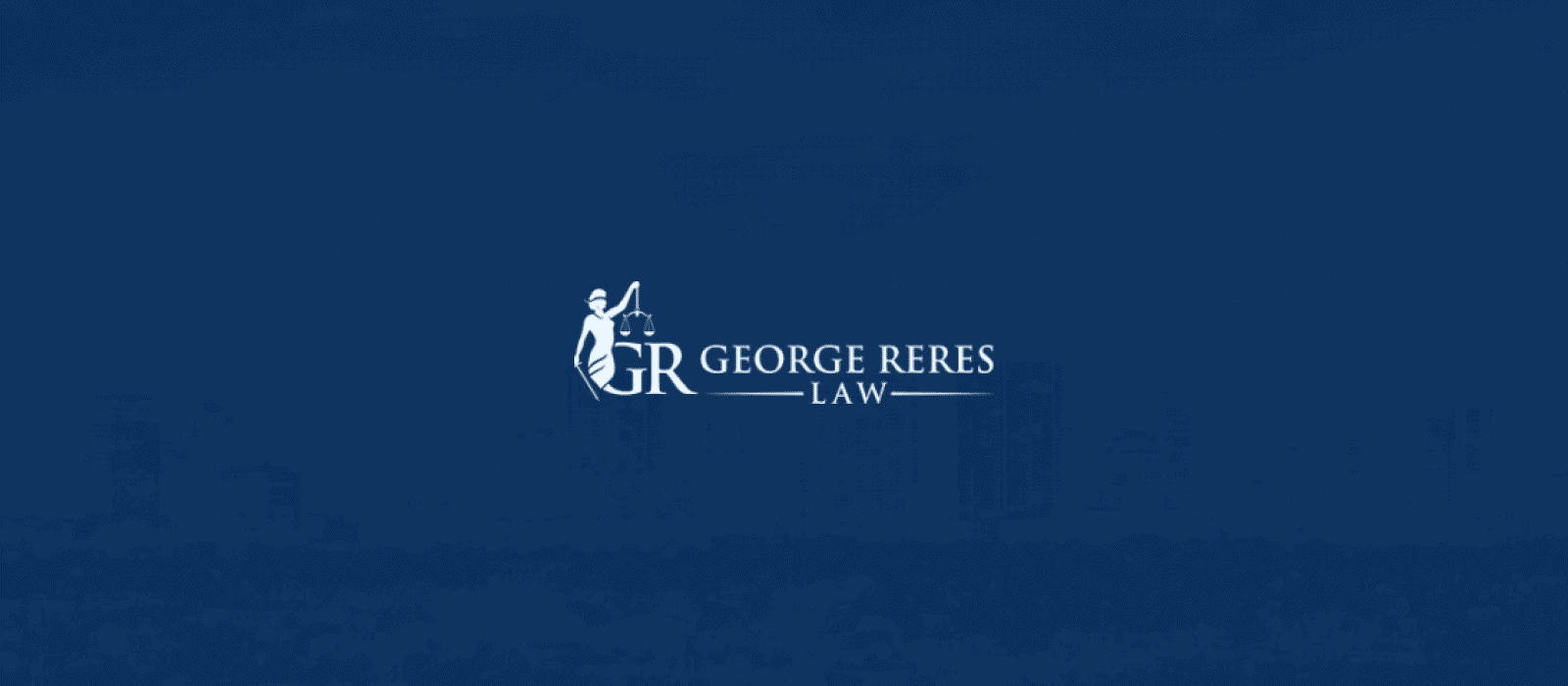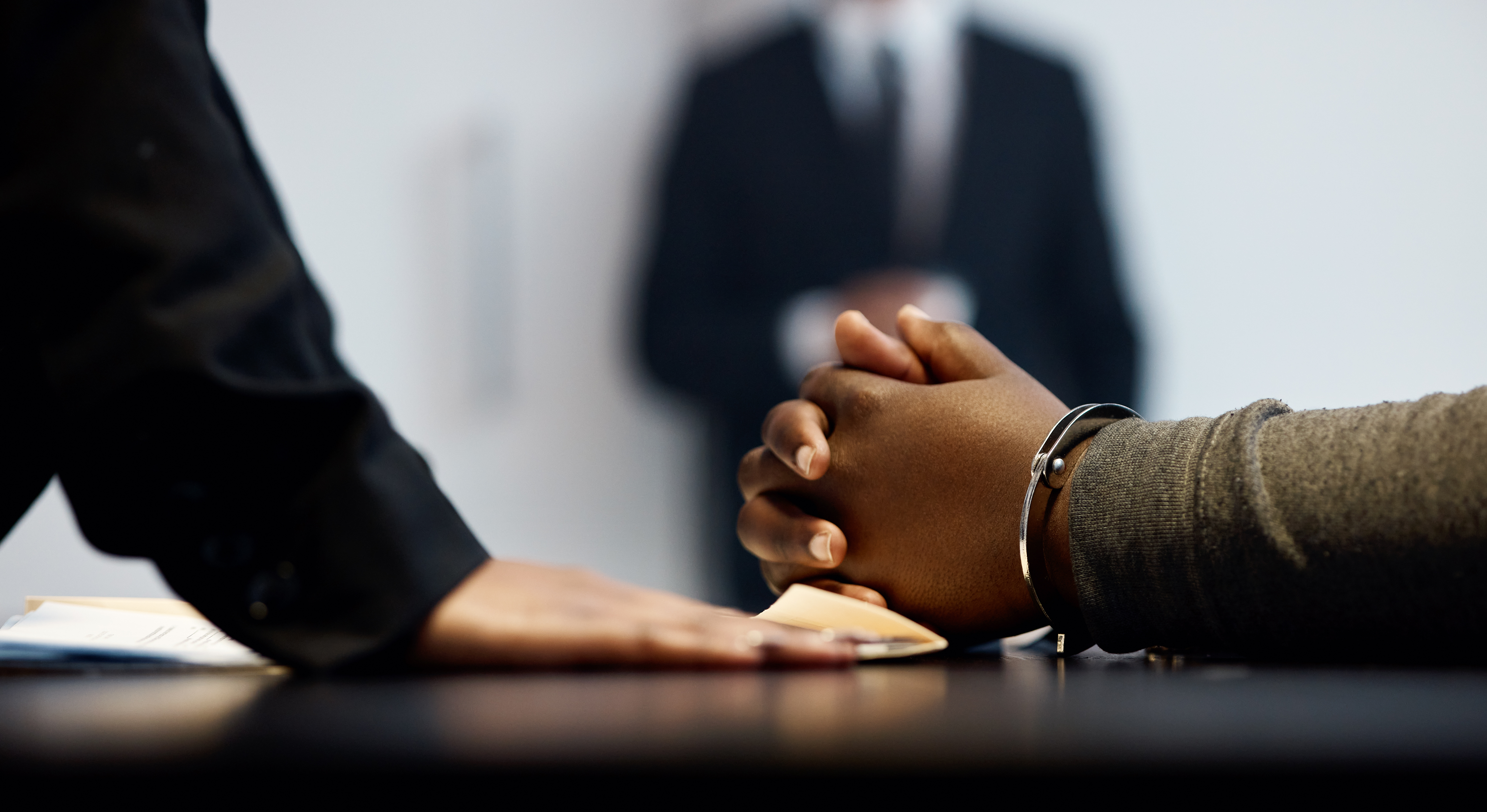What is a Bad Check?
When you cash a check, the bank will deposit the money into your account, typically within a few hours or days. Behind the scenes, the bank then takes time to verify that the funds are in the other party’s account. A bad check is a payment method that is fake, fraudulent, or attached to a bank account that doesn’t have sufficient funds to cover the transaction. If someone writes you a bad check, but you have already withdrawn and used the money, the bank may come after you to repay them the money they gave you upfront.
Bad checks can be made intentionally, like a scammer using a fake bank account number rather than a real one. Checks may also be considered bad if the signature is fake or altered. In any case, the payee is on the hook for any money they deposited and used via a bad check. If you have cashed a bad check and are worried about the legal consequences, call George Reres Law, P.A. today at 954-543-1186 for more information.
What Are Online Payment Scams?
Due to the rise of work-from-home jobs, more and more people are finding themselves in the middle of online payment scams. These scammers pretend to hire remote workers for work-from-home jobs, promising them easy money and free work equipment. The scammers will then send a check to the worker, asking them to deposit the amount into their account to pay for computers and other work equipment.
In some cases, the scammer may ask the worker to repay them some of the money, claiming that they “overpaid” the victim and need to be refunded. However, because the check is fake, it will inevitably bounce, and the victim will be held liable for any money withdrawn from their account. Because scammers often use fake phone numbers and email addresses, tracking them down is nearly impossible.
What happens if someone writes you a bad check and you cash it?
If someone writes you a check to cash, your bank will either cash the check in full or give you a limited amount immediately, depending on the payment total. Sometimes, the check does not go through and “bounces.” This is most often because the person who wrote the check doesn’t have enough money in their account to cover the total, but sometimes it’s due to the check being stolen or not even original.
When this occurs, the first consequence you will face is paying the bank back. If there’s no reason to believe you knew the check was bad, this should be the end of it. However, if the bank representatives suspect you knew the check was worthless and still cashed it, you could face fines and jail time. In many cases, you can explain your circumstances to the bank with the help of a lawyer to avoid charges being brought against you. If you have cashed a bad check, it is essential to reach out to an attorney immediately for legal counsel.
When Are You Likely To Be Arrested?
If this is the first time you cashed a bad check, your bank will likely not take action once you repay them. The bank might investigate your check-cashing habits if this happens two or more times. In that case, the police will look at the details and determine if you had prior knowledge that the check was bad.
For instance, if the check was larger than usual – such as extra money for a small item you sold – the police will see this as suspicious. Since most people don’t pay more than required, you should have assumed the check could be bad. In addition, if the person who wrote the check has a history of writing bad checks or suggests they don’t have the money to cover it, you could be in legal trouble for cashing it.
What Are the Most Common Types of Check Fraud?
Checks contain a lot of personal information about the person they are coming from. There are different types of check fraud that you could be charged with if law enforcement officers find evidence.
The most common types of check fraud include:
- Theft: stealing checks and using them fraudulently
- Washing: chemically cleaning check paper to access data
- Paper hanging: writing checks on closed accounts
- Forgery: using a fake signature on a check
- Counterfeiting: printing fake checks
- Payroll fraud: using another person’s paychecks
- Check kiting: accessing your funds from one account before the bank gets to them from a different account
Any of these check fraud charges carry severe penalties, including jail time and hefty fines. If you are concerned about being charged with check fraud, contact an attorney today.
What Can You Do After Cashing a Bad Check?
In most cases, the worst part about unknowingly cashing a bad check is that you now don’t have the money you thought you did. You’ll need to quickly pay the bank back and then contact the person who wrote the check to determine if they didn’t know it wouldn’t be covered or were trying to rip you or the bank off. If you have been scammed, file a police report to advise law enforcement about the scammers. While it is unlikely you will get the money back, creating a paper trail is good evidence to have in case anyone tries to press charges against you in the future.
If the police have contacted you about a bad check that you cashed, you need to hire a criminal defense attorney immediately to avoid jail and fines. Call George Reres Law, P.A. at 954-543-1186 or fill out an online form to talk to a lawyer today.

 954-543-1186
954-543-1186
 Call Us Now
Call Us Now

